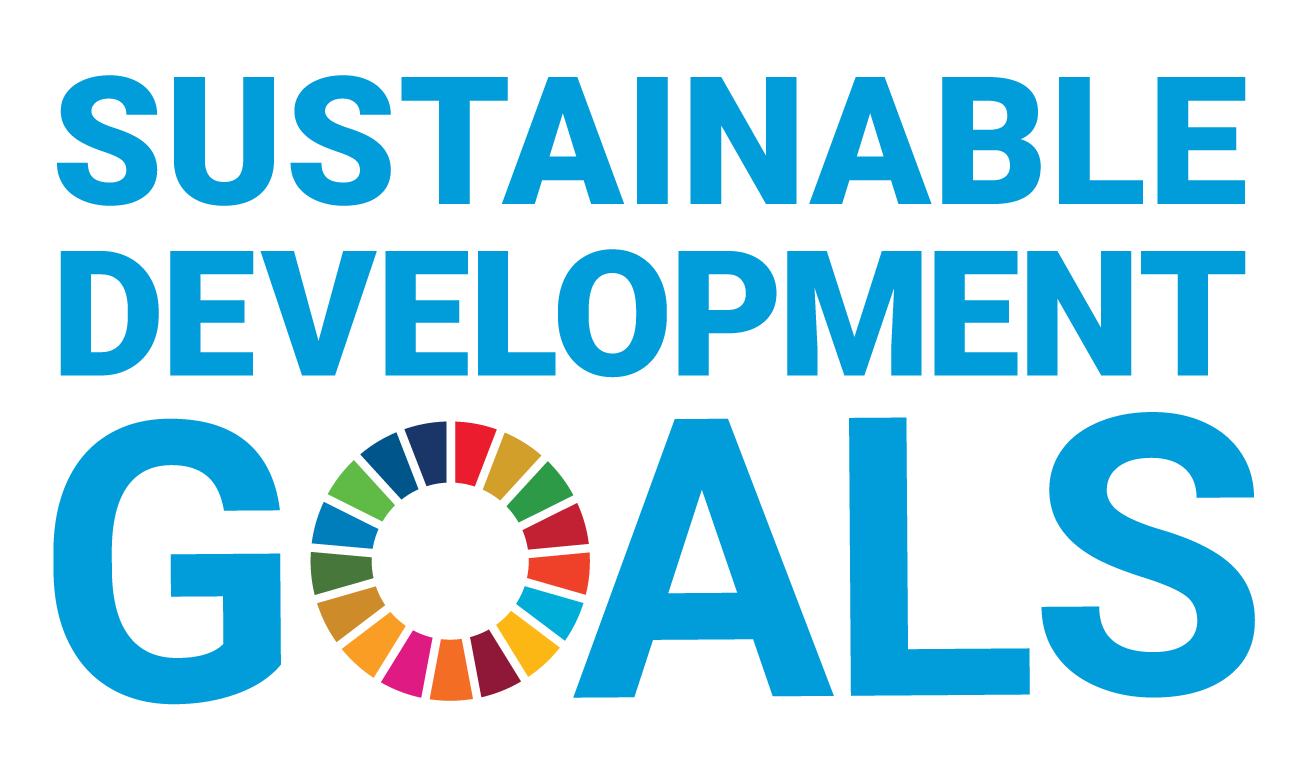
Sustainable Nitte
Sustainable development resonates with the Nitte University’s vision of “building a humane society through excellence in education and health care”. Social action has been a cornerstone of NitteDU’s educational philosophy, and it is deeply engaged in sustainable development. The University has established facilities for socially relevant action and has built a capacity to identify and respond to societal needs. The constituent colleges of the University have developed programs that effectively integrate sustainable development related concepts and activities into the teaching-learning experiences.
Sustainability Development Goals Reports
2020 2021 2022 2023 2024Sustainability Development Goals Reports 2024
Download NitteDU SDG Reports (2024) by clicking on the respective icons  |
 |
 |
 |
 |
 |
 |
 |
 |  |
 |
 |
 |
 |
 |
 |
 |
The major initiatives of the University to support sustainable development include:
- Establishing and operating a network of 23 rural health centres around a nodal tertiary level hospital that serves the needs of the communities around the University
- Integrating sustainability and social action related themes into formal and informal education for its students
- Emphasis on student led social responsibility activities and volunteering
- Disaster response preparedness
- Committing to an environment friendly development of the campus
- Nearly 2.5 Lakh people benefit each year from the free health care services accessed through the network of health centres and health camps.
- Over the last five years, 92 Lakh has been contributed by the University and its employees as relief to victims of disasters. In addition to this, about 120 man-hours of emergency relief assistance, travel and boarding costs of relief teams and medical supplies has been borne by the University.
- The University’s reputation for social action has been recognized by trust displayed by Philanthropists who have contributed approximately Rs. 11 crores for creating patient facilities.
Sustainability Survey
Sustainability literacy is an essential skill for university students, as it equips them with the knowledge and mindset necessary to address the complex environmental, social, and economic challenges facing our world today. As future leaders, innovators, and decision-makers, students must understand the principles of sustainability to make informed choices that promote the well-being of people and the planet. Being sustainability literate not only fosters responsible consumption and production but also empowers students to contribute to global sustainability goals, ensuring a more resilient and equitable future.
Nitte University recognizes the critical role its students will play in shaping a sustainable future, both locally and globally. By measuring sustainability literacy, the university aims to gauge the level of understanding among students regarding sustainable practices and identify areas for improvement, ensuring that its academic programs remain aligned with global sustainability standards. This initiative is a step toward fostering a culture of environmental responsibility and preparing graduates who are equipped to make meaningful contributions to a sustainable society.
To help assess and enhance your own sustainability literacy, we invite you to participate in a brief survey. Your insights will not only benefit your personal growth but also contribute to shaping a more sustainable campus community. Click the link below to take the survey now!

Sustainability Literacy Survey Report 2024
Promoting Undergraduate Research Aligned with Sustainable Development Goals
NitteDU actively encourages undergraduate students to align their academic projects with the United Nations' Sustainable Development Goals (SDGs). This initiative fosters a sense of responsibility among students to contribute to global challenges such as poverty eradication, quality education, gender equality, climate action, clean energy, life on land, clean water, life below water, and sustainable communities.
The University emphasizes integrating SDG-oriented research into the undergraduate curriculum, enabling students to explore innovative solutions to real-world problems. By encouraging critical thinking and problem-solving, students are guided to analyse complex issues and develop practical, sustainable solutions. Interdisciplinary collaboration is at the core of this approach, allowing students from diverse academic backgrounds to work together, combining their expertise and perspectives to address multifaceted challenges.


